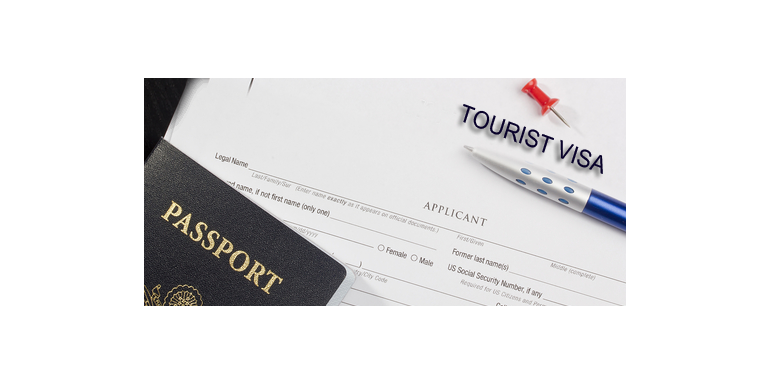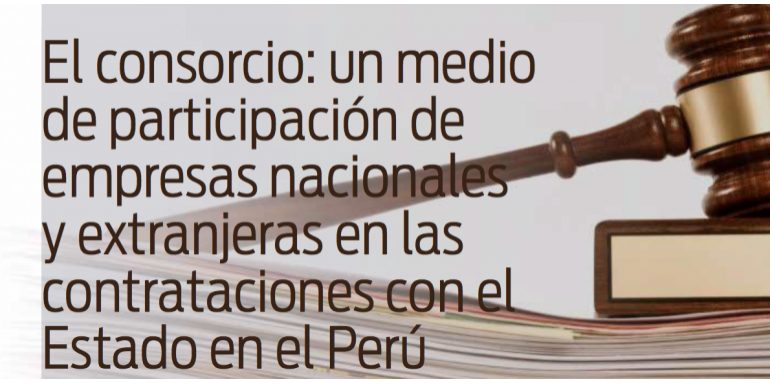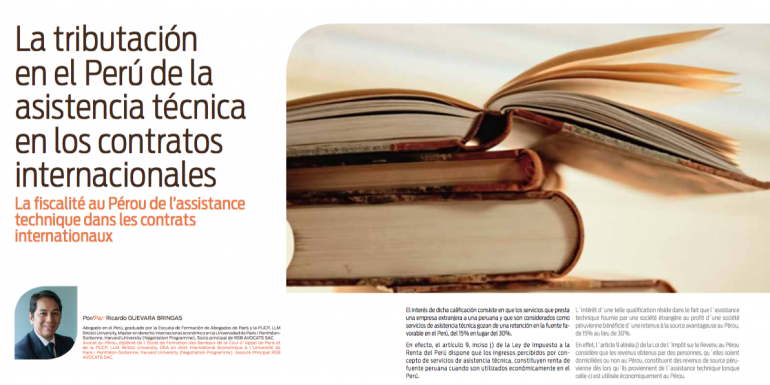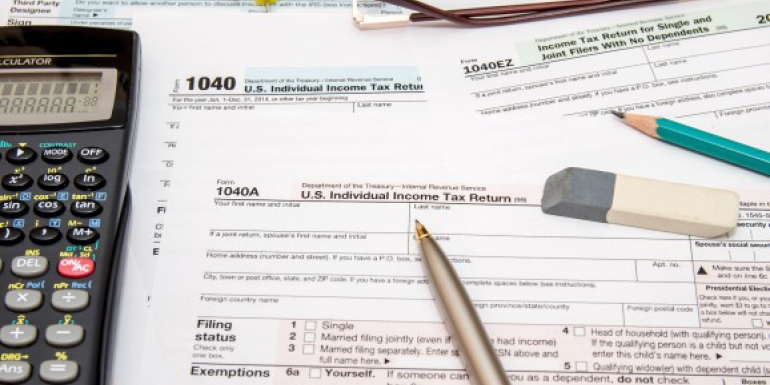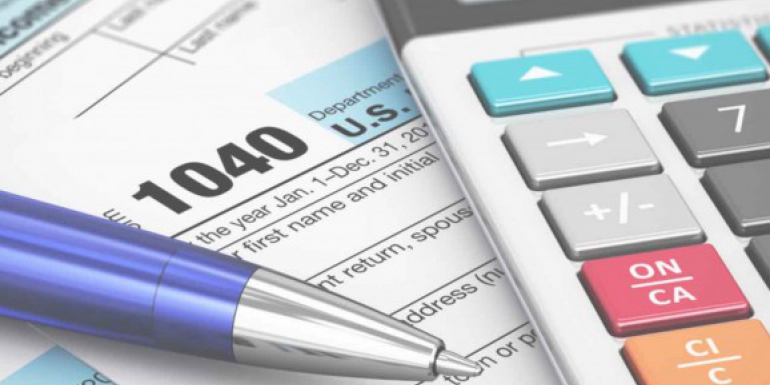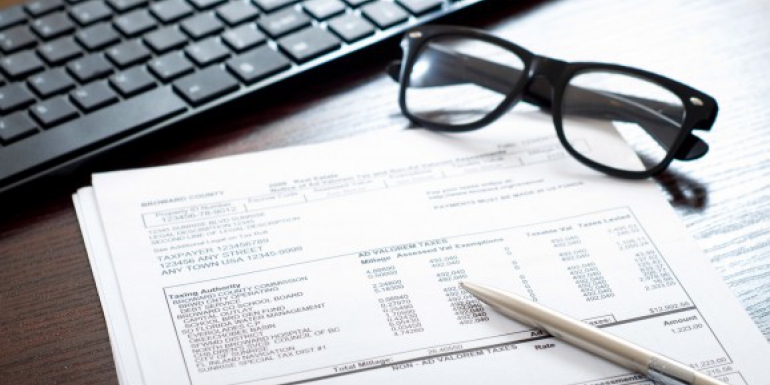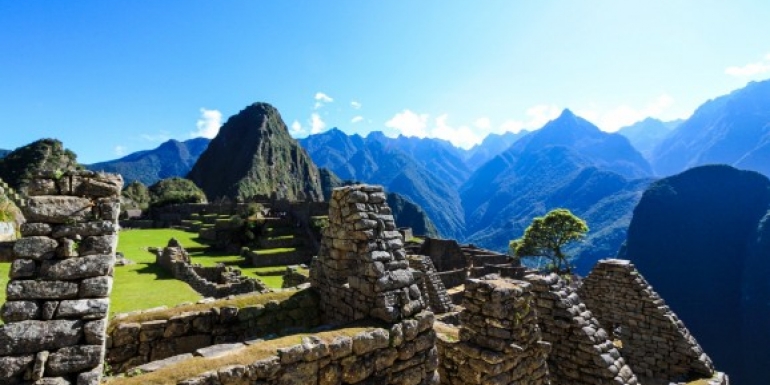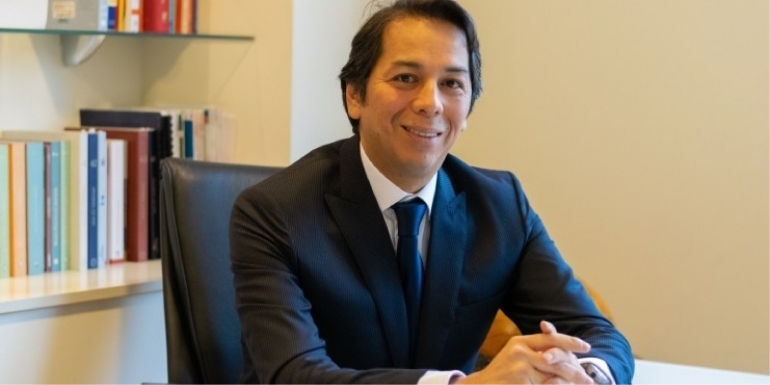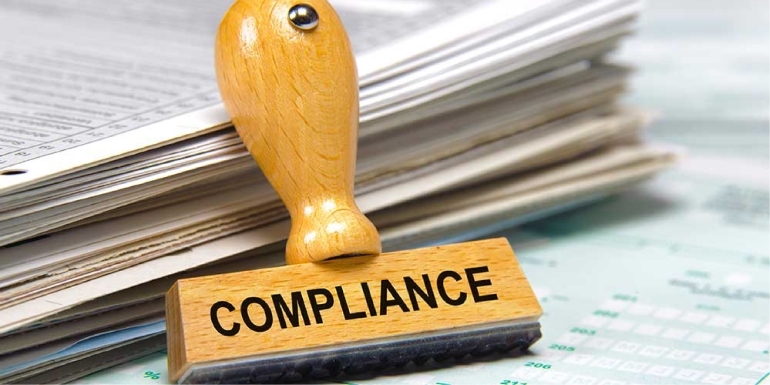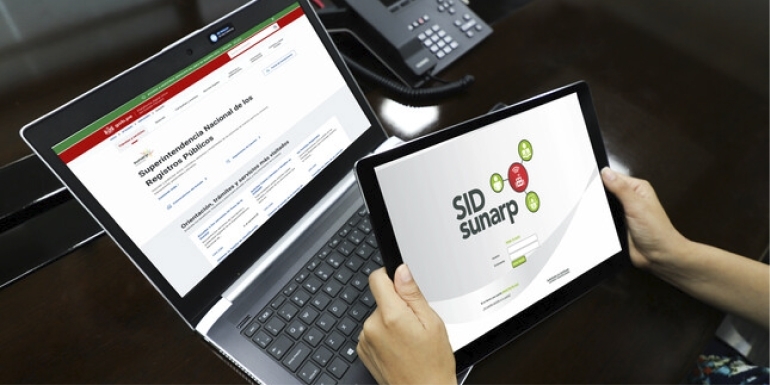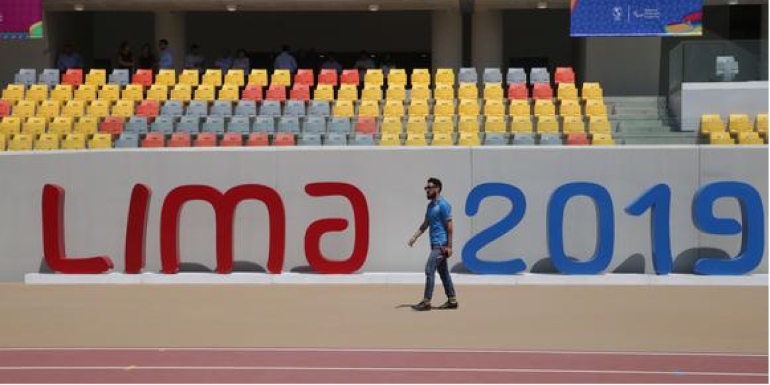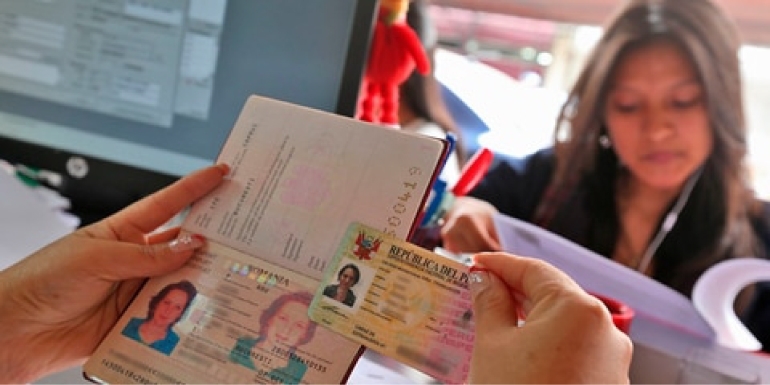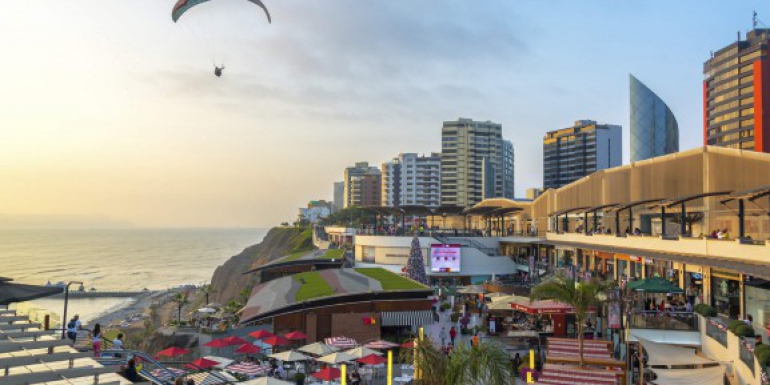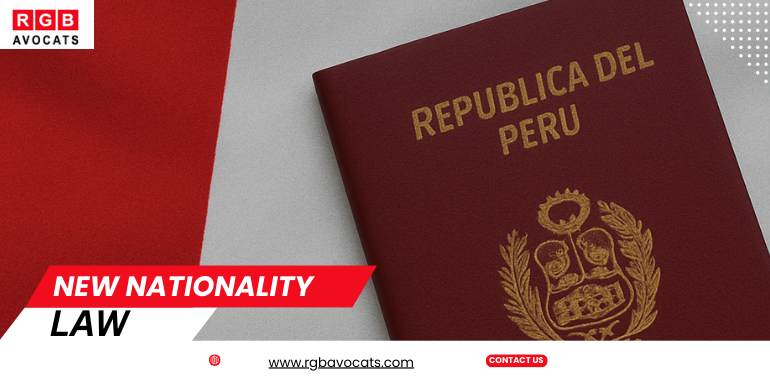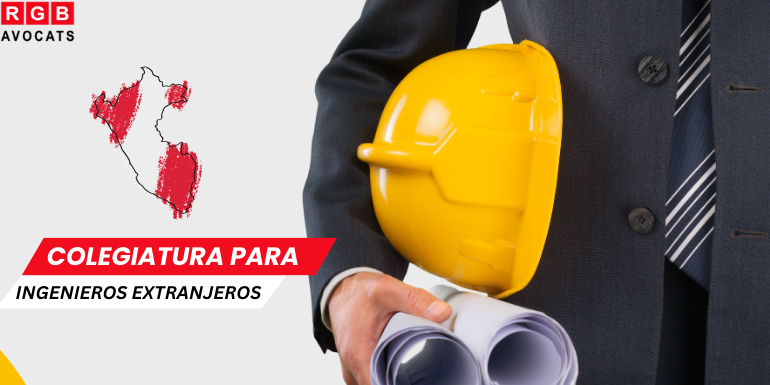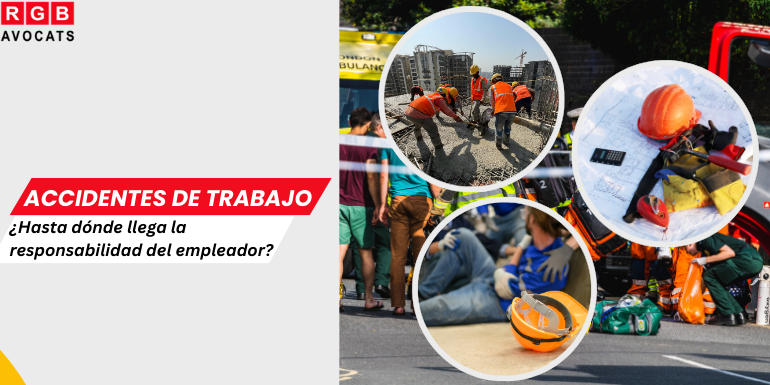From experience, we may note that there are more and more foreigners who consider retirement in Peru.
This article aims to shed some light on the legal framework of the rentista visa which applies to retired persons.
In section 1, we will mention the main advantages of rentista visa. Then, in section 2, we will indicate the legal requirements for this visa.
The many advantages of rentista visa
The introduction of the Peruvian Regulation concerning the migratory status of rentista states that the entrance to Peru of persons with economic capacity generates economic exchange and the flow of capital, which improves the level of employment and helps boost the use of tourist and accommodation facilities. In other words, the Peruvian government considers that admitting rentistas is good for the economy.
Consequently, it is easy to understand why foreigners who hold a rentista visa may benefit from various advantages.
As for the duration of this migratory status, the rentista visa allows a foreigner to have an indefinite residence in Peru. So, there is no need to renew the carné de extranjería (residence permit) every year. Although it should be stated that the holder of this visa may lose this migratory status if he or she leaves Peru for a period of more than 6 months during a calendar year or for shorter periods that amounts to 6 months during a calendar year.
As for income tax, foreigners having duly obtained the status of rentista before the MIGRACIONES (Peruvian entity in charge of Immigration and Naturalization), are exonerated from paying the Peruvian income tax. But note that according to Peruvian law, such exoneration only applies to pensions coming from personal work, i.e., government/private funds pension.
In order to obtain the status of rentista, the petitioner must produce the following documentation:
- A filled out copy of “Formulario F-004” (Form F-004);
- A receipt issued by “Banco de la Nación” (Peruvian National Bank) for the amount of S/ 117.60 (approximately USD 36,00);
- A copy of the passport of the petitioner;
- A “Ficha de Canje Internacional” (International Exchange File), issued by INTERPOL;
- A Document in which the petitioner states the he/she does not have any criminal record in Peru and/or abroad;
- Certificate guaranteeing reception of a permanent income from outside Peru of at least USD 1,000 a month, exclusively for the sustenance of the applicant. This income, declared in Peru, must enter the country via a banking institution.
- If the certificate is expedited outside Peru, it must be legalized at the pertinent Peruvian Consulate and endorsed by the Ministry of Foreign Relations in Peru, or with the apostille if applicable. If it is not in Spanish, the document must be translated into Spanish by a translator certified by the Peruvian government.
Enjoy being a rentista!





